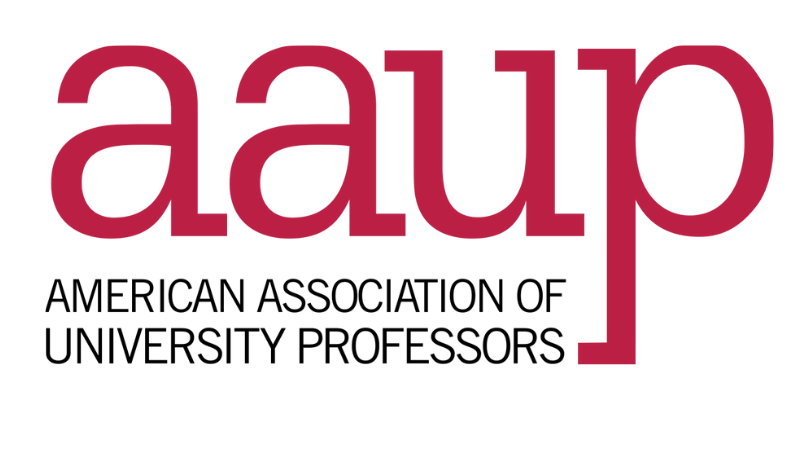Michael Yudkin
Fathom Journal, November 2024
“These resolutions have been met with strong condemnation and calls for repeal within the United Kingdom and elsewhere.”
The American Association of University Professors (AAUP) was founded in 1915, and one of its first acts was to issue a Declaration of Principles on Academic Freedom and Tenure. If you read the Declaration today and are determined not to be distracted by its quaint language and its exclusive use of the masculine gender, you’ll find a robust declaration of the value of academic independence. ‘If education is the cornerstone of the structure of society and if progress in scientific knowledge is essential to civilization, few things can be more important than to enhance the dignity of the scholar’s profession, with a view to attracting into its ranks men of the highest ability, of sound learning, and of strong and independent character. (…) It is … the absolute freedom of thought, of inquiry, of discussion and of teaching, of the academic profession, that is asserted by this declaration of principles.’
The AAUP further clarified its understanding of the concept of academic freedom in 1940: ‘Teachers are entitled to full freedom in research and in the publication of the results. (…) Teachers are entitled to freedom in the classroom in discussing their subject’; but it was not until 1966 that it set out the norms that should govern the relations between academic colleagues. ‘As colleagues, professors have obligations that derive from common membership in the community of scholars. Professors do not discriminate against or harass colleagues.’ [italics added].
The topic of discrimination against colleagues had been taken up decades earlier by the International Council of Scientific Unions (ICSU), founded in 1931. ICSU included scientific academies from around the world (for example, the National Academy of Sciences in the USA and the Royal Society in the UK), and even at the outset the eminence of these academies, and the international character of the organisation, gave it an exceptionally high status. More recently ICSU has been subsumed into the International Science Council, which now includes national academies of social sciences, such as the British Academy, as well as those of natural sciences. This change has expanded the meaning of ‘science’ to include all forms of scholarship, and has enhanced the standing of the Council still further. ...SOURCE
Michael Yudkin is an emeritus Professor of Biochemistry at the University of Oxford.


